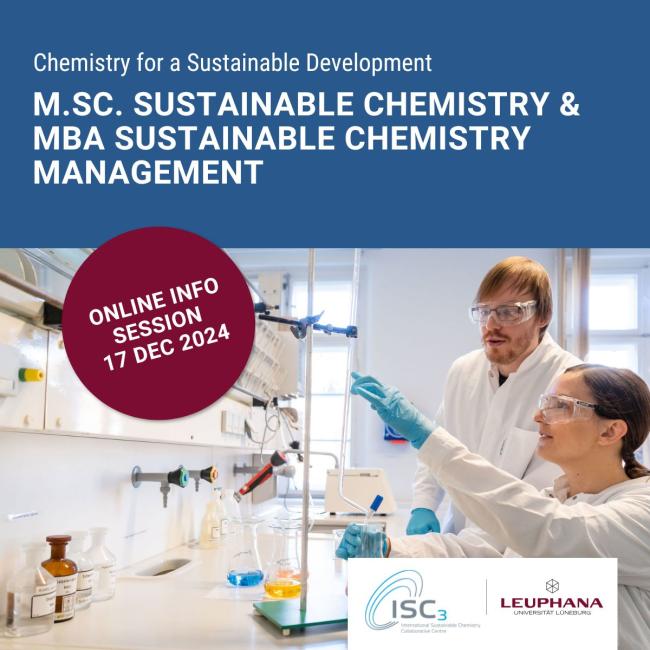Moving to Renewable Feedstocks: Soy Research, Innovation and Curriculum

Event Description

Join us for a conversation on how green chemistry is advancing bio-based materials and driving sustainable solutions. This webinar will highlight emerging technologies, the role of renewable feedstocks like soy, and how educators can bring these innovations into their classrooms. Whether you teach chemistry, materials science, or sustainability, this session will offer valuable insights into the evolving landscape of biorenewable chemistry.
Attend to Explore:
Insights into the latest advancements in renewable feedstocks and sustainable chemistry
Applications of soy in industrial materials and sustainable innovation
Strategies for integrating bio-based chemistry into academic curricula
Opportunities for collaboration between industry and education
Who Should Attend?
This webinar is designed for higher education faculty, researchers, industry professionals, and sustainability advocates interested in the real-world applications of green chemistry. Whether you're looking to enhance your curriculum, explore new research directions, or understand industry trends, this session will provide valuable knowledge and practical applications.
At-a-Glance Agenda:
Introduction & Overview – Green chemistry & soy industry/chemistry
Sustainability & Industry Applications – Exploring soy research and innovations
Education & Collaboration – Bringing renewable research and innovations into classrooms
Q&A and Breakout Room Discussions – Live conversations with experts
This event was made possible with support from the United Soybean Board (USB). Any opinions, findings, and/or interpretations of data contained herein are the responsibility of the presenter(s) and do not necessarily represent the opinions, interpretations, or policy of USB and Beyond Benign.
United States








